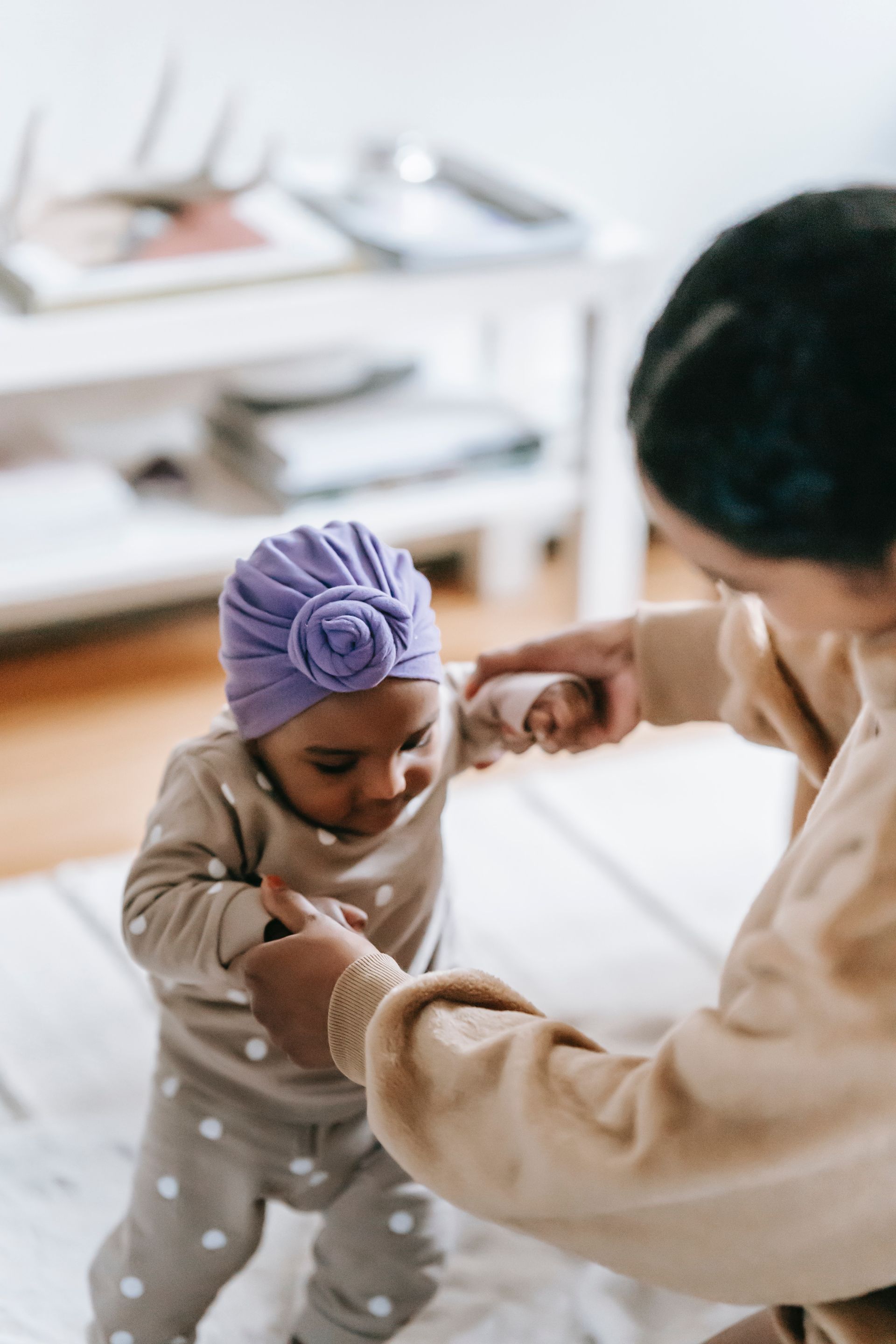How PCIT Works
Parent-Child Interaction Therapy (PCIT) is an evidence-based therapeutic intervention designed to improve the parent-child relationship and address behavioral issues in children. It typically involves a structured, short-term treatment program that combines play therapy and behavioral therapy techniques. Here's an overview of how PCIT works:
Assessment and Orientation:
The first step in PCIT involves an initial assessment to understand the dynamics of the parent-child relationship and identify specific behavioral concerns. Parents also receive an orientation to the PCIT process, helping them understand the goals and structure of the therapy.
Two Phases of PCIT:
PCIT consists of two main phases, each targeting different aspects of the parent-child relationship.
a. Child-Directed Interaction (CDI):
The first phase focuses on enhancing the positive aspects of the parent-child relationship. Parents learn specific skills to engage in child-directed play, where the child takes the lead in choosing activities. The therapist observes and coaches parents in real-time, providing feedback on their interactions.
b. Parent-Directed Interaction (PDI):
In the second phase, parents are taught effective behavior management techniques. They learn how to set limits, use praise and consequences appropriately, and improve communication with their child. The therapist continues to provide live coaching during parent-child interactions to reinforce these skills.
Use of In-Session Coaching:
A unique feature of PCIT is the use of in-session coaching. Parents and children participate in play activities while the therapist observes through a one-way mirror or live video feed. The therapist provides real-time guidance, coaching parents on specific interaction techniques and reinforcing positive behaviors.
Communication Enhancement:
PCIT emphasizes improving communication between parents and children. Through play and guided interactions, parents learn to communicate effectively, use descriptive language, and express emotions in a constructive manner. This helps build a secure attachment and fosters a positive emotional environment.
At Home Continuation:
Parents are given specific ideas for how to practice the skills learned during therapy sessions at home. This is a great way to reinforce positive behaviors and integrate new communication techniques into everyday interactions.
Gradual Transition to Independence:
As parents become more proficient in using the skills taught in PCIT, the therapist gradually reduces the level of coaching. This transition allows parents to gain confidence in independently applying the strategies they have learned.
Maintenance and Follow-Up:
Once the primary goals of PCIT are achieved, families may engage in maintenance sessions to reinforce skills and address any new challenges that may arise. Follow-up sessions ensure continued support and monitor the long-term effectiveness of the intervention.
Generalization of Skills:
PCIT aims to help parents generalize the skills learned in therapy to various real-life situations. This includes applying effective communication and behavior management techniques in different settings, such as home, school, and community.
Overall, PCIT works by empowering parents with the knowledge and skills needed to strengthen the parent-child relationship, improve communication, and address behavioral challenges, leading to long-term positive outcomes for both parents and children.
Find a PCIT Therapist Near You


Clinic Location
10 Corporate Hill Drive, Suite 330
Little Rock, AR 72205
(Arkansas Medical Society Building)
Business Hours
- Mon - Thu
- -
- Friday
- -
- Sat - Sun
- Closed
2024 © Behavioral Health Services of Arkansas • All Rights Reserved
Therapy in Little Rock, Maumelle, North Little Rock, Sherwood, Mayflower, Conway, Benton, Bryant, Central Arkansas
Behavioral Health Services of Arkansas and Youth Home, Inc. are accredited by The Joint Commission, formerly the Joint Commission on Accreditation of Healthcare Organizations (JCAHO). The Joint Commission is available to provide assistance with treatment related concerns if other avenues have been attempted and unsuccessful. Youth Home, Inc. is required to provide this information to clients and their families/guardians. Office of Quality Monitoring | Phone: 1 (800) 994-6610 | Email: complaint@jointcommission.org



